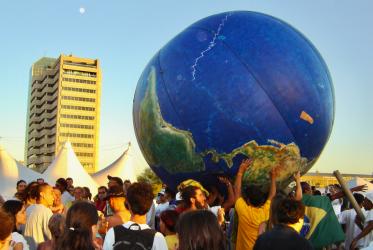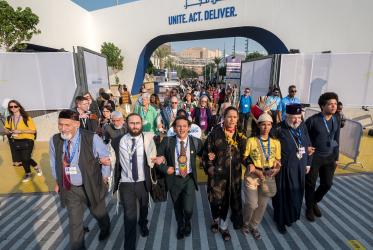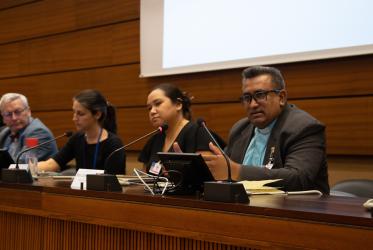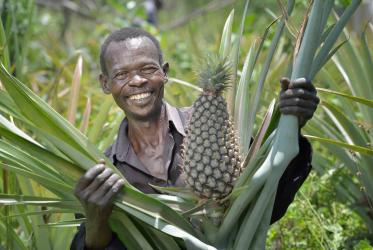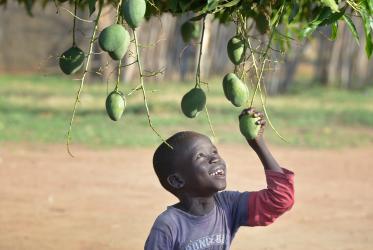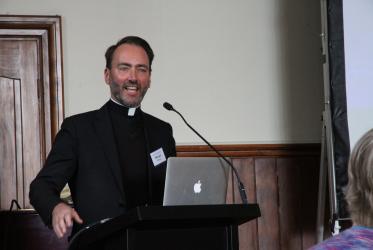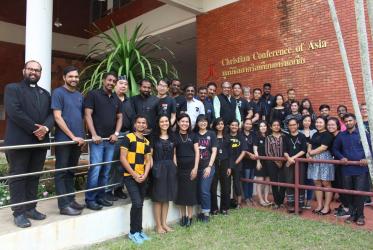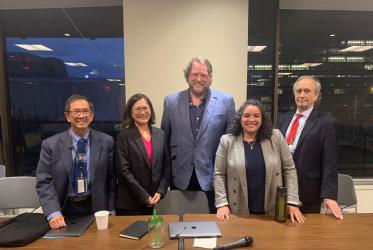Displaying 1 - 20 of 168
What can churches do to prevent modern slavery?
22 February 2024
WCC submits comments on draft UN “Pact for the Future”
12 February 2024
WCC to share key insights at World Social Forum
09 February 2024
WCC Eco-School for Europe and North America region
11 - 18 November 2023
Orthodox Academy of Crete, Greece



